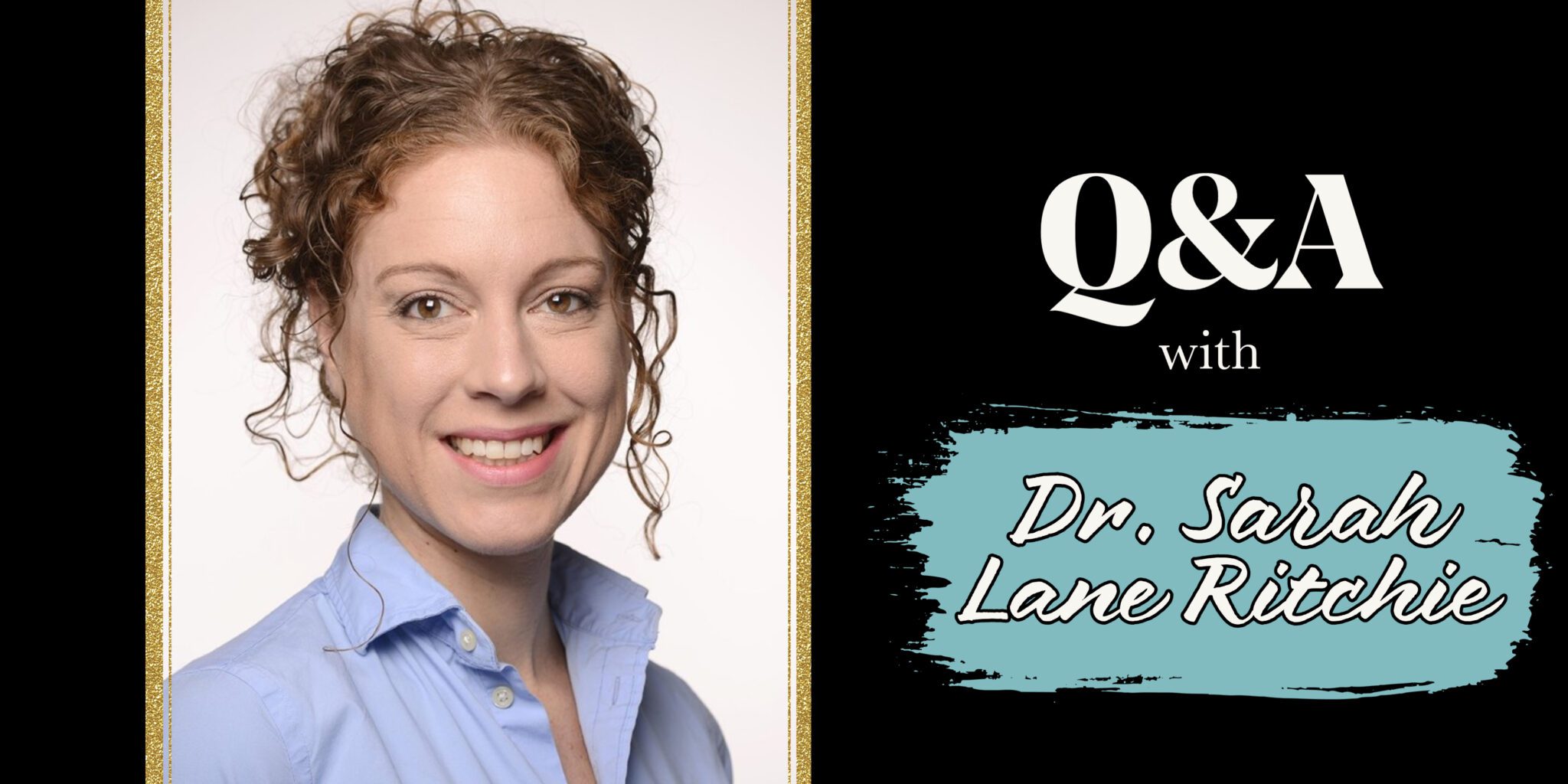We recently sat down with John Templeton Foundation staff member, Sarah Lane Ritchie, Program Officer for Philosophy and Theology, to discuss the Foundation’s interests in and goals for philosophical and theological research, and the new Spiritual Yearning Research Initiative (SYRI).
To get started, why don’t you share a little about yourself – what brought you to the Foundation? What made you interested in this place?
The questions that drive the John Templeton Foundation have animated me for as long as I can remember, stretching all the way back to my childhood. I wondered, “Can God read our minds and know what we’re thinking? When we pray silently, is it less effective than praying out loud? How does God know when we’re praying and when we’re just thinking God-thoughts?” Lots of questions about the relationship between God and minds, which probably explains why I wrote a book on the subject!
As I got into my teen years, I became more and more doubtful about almost all theological matters: If God desires relationship with people, why do so many people seem not to experience God even when they want to? Does God really do stuff in the world? Do we have souls, or are we just really amazing physical organisms? How would we even know if there was or wasn’t a God? Can science lead us to God?”
In my academic career, I have been a direct beneficiary of the Foundation’s support, and it has strongly shaped my intellectual development. I’ve focused on the relationship between Ultimate Reality and human minds, which leads to questions around divine action, spiritual formation, seeking transcendence, spiritual technologies like psychedelics, and so on.
Since joining the staff as a program officer last fall, I help make the magic happen. I love bringing scholars together, matching the right people with the right questions, and working creatively to devise new projects and programs. Even the process of grant writing itself has a generative quality that I enjoy.
Given that disciplines like philosophy and theology are thousands of years old, how do you make progress in those fields? Are we in a better place than we were a decade ago, or a century ago?
Yes, the questions have occupied thinkers for a long time, but the academic disciplines as we know them now are a more recent creation. I think we can be inspired by the holistic thinking of the past to reinvigorate our scholarly discourse.
I am actually very hopeful about the future of philosophy and theology. There is much more multi-disciplinary work going on now, even compared to a decade ago. For example, we’ve supported projects looking at how theological anthropology changes (or doesn’t!) when cognitive scientists and experimental psychologists examine the concept of sin or moral wrongdoing; lots of projects examining the way that psychology and cognitive science can change the way we think about spiritual growth and change; and several sub-projects examining psychological work on autism and other neurodivergent phenomena.
Keep in mind, philosophy and theology are not just abstractions. Many people right now are feeling extremely disconnected, disoriented, and socially unsupported, which, on the one hand, is harmful for inherently collaborative scholarship. At the same time, this is a great opportunity for these disciplines to address these very challenges.
How would you describe the John Templeton Foundation’s work related to philosophy and theology?
Sir John Templeton was a fascinating character, and his spirit still shapes how we approach our work. We have a future-oriented focus, always wanting to push forward. We have a spirit of open-minded inquiry—we’re not so much interested in defending or justifying, but inquiring and probing in robust, thoughtful ways.
A big part of what makes our philosophy and theology funding distinct is how we engage directly with the sciences. The constantly evolving scientific research landscape affords us many opportunities to develop new programs and approaches.
What questions are driving some of the most interesting developments right now?
What does it mean to make progress in philosophy, theology, and science? Are we making progress in these fields, and what might be holding us back?
What roles can humans play to be active participants in their own spiritual lives?
What does it mean to flourish—both at the individual and community level—and how do we do it?
Your department has an active funding competition called the Spiritual Yearning Research Initiative. Can you tell me what that is, and what people interested in applying for funding should know?
We are seeking proposals for projects that shift the focus from traditional religious communities to “nones,” “dones,” and “spiritual but not religious.” What does spiritual yearning, seeking, formation, and transformation look like for those who don’t think in terms of established theological categories?
These individuals still engage in spiritually meaningful activities, whether it’s immersive theater, live action role play, veganism, et cetera. Are there ways to connect these people and their experiences to existing philosophical and theological frameworks and resources?
We welcome proposals that explore, probe, and discover new insights. How might spiritual technologies such as psychedelics foster spiritual meaning outside of traditional religion? Could various embodied practices challenge or shape our philosophical and theological frameworks for spiritual flourishing? Do these and other non-traditional yearnings and activities lead people to flourish?
Still Curious?
Explore featured grants in Philosophy and Theology.
